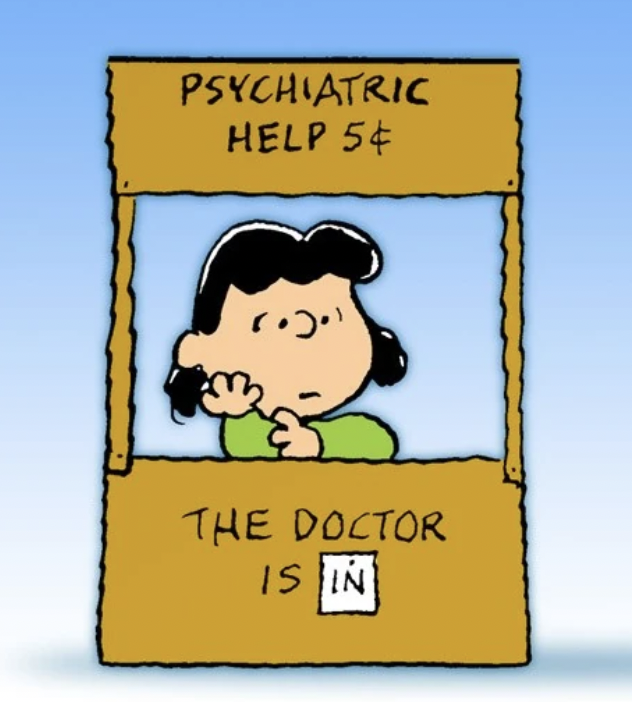The due diligence question I got asked most when I started was whether or not I could continue to source good deals outside of First Round Capital, where I had worked as a Principal before starting my fund. I spent a lot of time telling investors how much I didn't need that brand because it was helpful to my fundraising pitch. I wasn’t being negative—I was trumpeting my ability to be independent.
I certainly wasn't going to say, "Oh, yeah, that's going to be hard--First Round is a great brand and has a tremendous network of resources that would make me a better investor. I'm going to need to work twice as hard to piece that together independently."
How successful would that fundraising have gone?
I have no idea, because that’s not what I did.
If I had that mindset, I would certainly have become a better investor and I can see that now.








